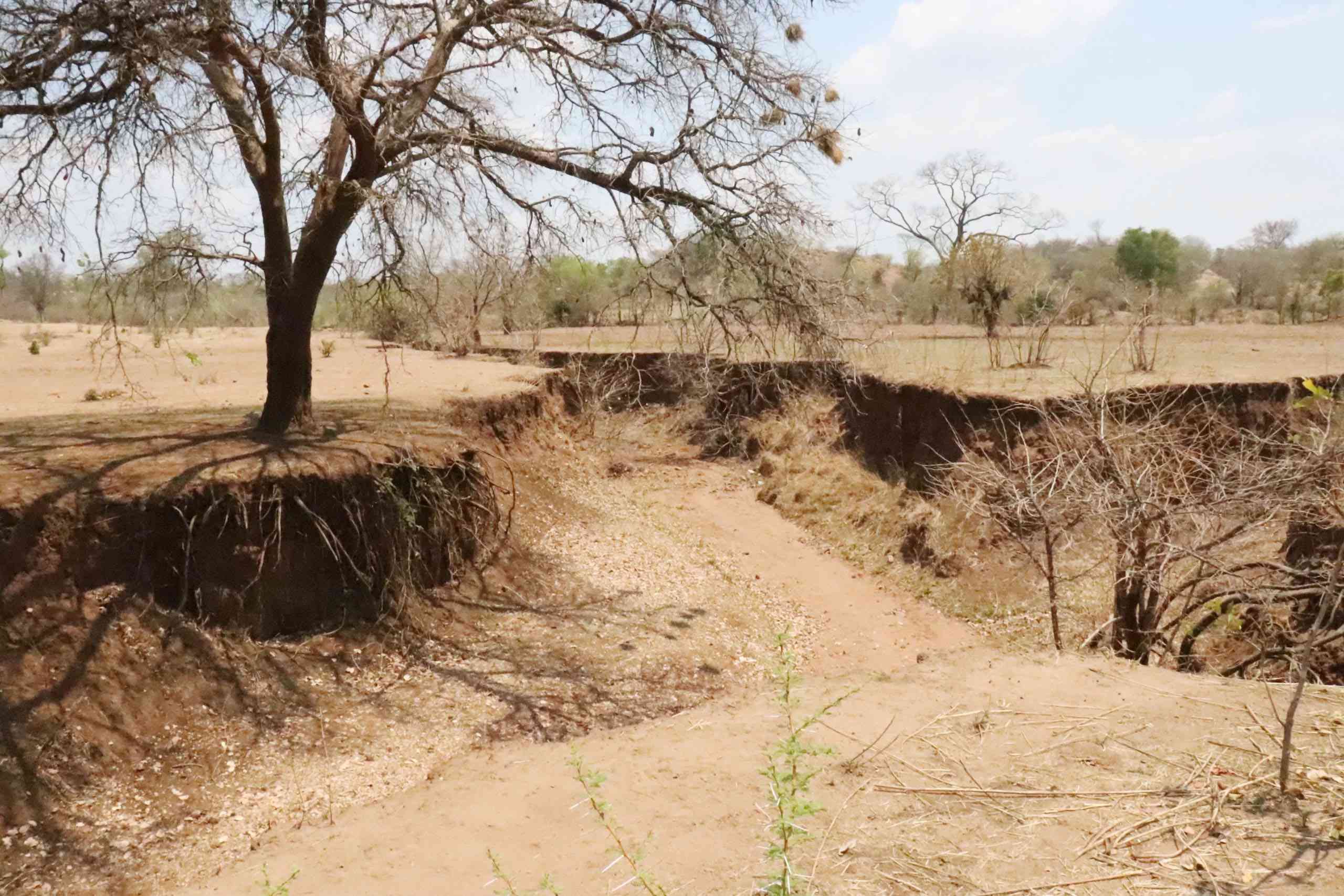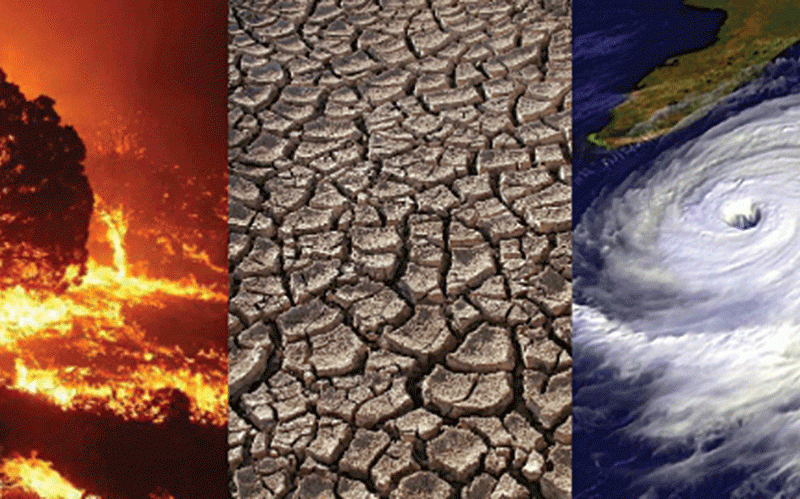
Celebrating World Environment Day is a moment for reflection at the Zimbabwe Environmental Law Association (Zela), a time to take stock of the work that the organization has invested into promoting environmental rights and responsible natural resource governance.
This includes the management of environmental assets such as land, water, wildlife, gas and mineral resources that must be used effectively and sustainably to ensure a harmonious relationship between people and nature.
This year’s theme: Land restoration, desertification and drought resilience illuminates the harsh and multi-dimensional realities of climate change whose proximity is nearer than ever before, posing daily environmental challenges that demand immediate attention.
To take this global threat head on, Zela uses a blend of strategies, including alternative dispute resolution, policy advocacy, research, training and community empowerment to ensure that communities can fully enjoy their constitutional environmental rights and benefit from the sustainable utilization of the country’s natural resources.
This aligns with the global call to prevent, halt and reverse the degradation of ecosystems worldwide.
The theme on land restoration, desertification and drought resilience is particularly important given that the large tracks of land are degraded every year.
According to the United Nations Convention to Combat Desertification (UNCCD), the world lost at least 100 million hectares of healthy and productive land between 2015 and 2019.
These statistics emphasize the need for urgent action, particularly because land is a source of well-being for present and future generations and provides a range of ecosystem services for people.
Land degradation, therefore, severely influences livelihoods by limiting the availability of vital ecosystem services (including food and water), increasing the risk of poverty and ultimately forcing people to migrate.
Within Zimbabwe, land degradation, desertification and drought are key challenges with land degradation mostly emanating from the excessive concentration of human and livestock populations in ecologically marginal, dry and fragile soils, mainly in communal areas.
The annual cost of land degradation in Zimbabwe is estimated to be 382 million United States dollars, equal to 6% of the country’s gross domestic product.
Additionally, nearly 70% of the population residing in rural areas depends on agriculture and natural resources to sustain their livelihoods.
Consequently, the government of Zimbabwe takes the land degradation problem seriously and has over the years been trying to find solutions.
To this effect, Zimbabwe participated in negotiations that led to the adoption of the United Nations Convention to Combat Desertification and Drought (UNCCD).
Having ratified the UNCCD in 1997, the country went further to formulate its first National Action Programme (NAP) in line with the provision of article 9 of the convention, including setting targets for land degradation neutrality.
However, the problem of land degradation and desertification continues to increase.
Against this background, this time of reflection is – therefore – a reminder that it is impossible to reverse time and the planet suffers today because of our past actions.
Actions which formed today’s realities where the world has to call for restoration of the land, flora and fauna that sustains it.
Today is a reminder that we are indeed #GenerationRestoration which has an undeniable duty to revive lands, end desertification and secure water for future generations.
In line with this realisation, Zela is at the forefront of advancing environmental child rights, noting that the duty for restoration is a debt that is already owed to future generations.
This is compounded by the fact that children are disproportionately affected by current negative environmental factors that could even impact them prior to conception, continue into adulthood and transcend generations.
Thus, Zela places child rights at the centre of environmental justice, especially in sectors that cause high environmental impacts such as the mining sector.
Our calls for environmental justice are also informed by engendered considerations which note that women give greater priority to the protection of and improving the capacity of nature, maintaining farming lands, and caring for the environment’s future.
Despite this notable inherent care for the environment, women and girls are also disproportionately affected by negative environmental conditions as they experience the greatest impacts of climate change, which amplifies existing gender inequalities and poses threats to their livelihoods, health and safety.
In response to these varied environmental challenges, Zela has been advocating for a climate change law that presents an opportunity to build a low-carbon society through transparent decision-making and implementation.
Climate laws are essential as they offer a clear way to address the challenges that result from climate change and aim to increase resilience to climate change, minimize vulnerability, including that of women and children, and comply with international obligations that Zimbabwe has assumed.
Zela is also informed by the 2013 constitution of Zimbabwe which augmented the environmental justice movement by recognising that those who pollute or destroy the natural environment are not just committing a crime against nature and the planet but violating human rights. As such, World Environment Day celebrations are an opportunity for people in the country to reevaluate the legality of their actions in line with environmental concerns.
Zela notes that although the task to combat the negative effects of drought, land degradation and desertification is not easy, it is also not a matter of choice.
This task is a necessity to move towards achieving sustainable development goals.
The clarion call is for concerted efforts to restore land, reduce degradation and desertification given that loss of land has adverse impacts on livelihoods and achieving global goals on SGD 15 – to protect, restore and promote sustainable use of terrestrial ecosystems, sustainably manage forests, combat desertification, halt and reverse land degradation and halt biodiversity loss.
On this World Environment Day, Zela calls for:
- Governments working with different stakeholders to prioritise developing holistic measures for landscape restoration, sustainable water management, regenerative agricultural practices and disaster preparedness, to reduce vulnerabilities to drought and regenerate healthy ecological systems that all of humanity relies on for its well-being.
- Policymakers to formulate and enact strategic policy and legal frameworks that prevent, halt and reverse the degradation of ecosystems
- Government to promote investment in research and development that focuses on advancing land restoration, reducing desertification and increasing drought resilience
- Government to promote investment in and leverage information and communications technology services (ICTS) for sustainable environmental protection.










